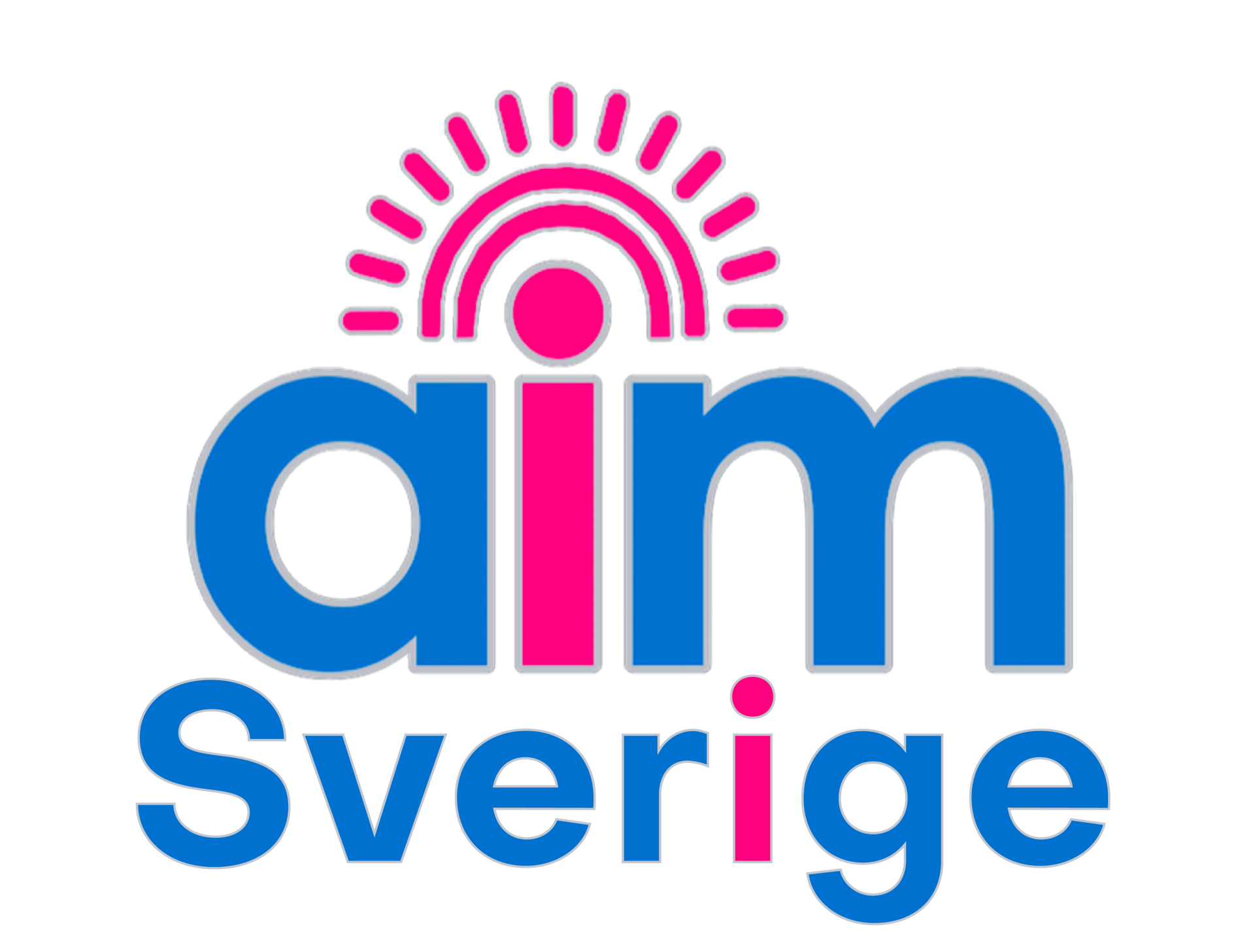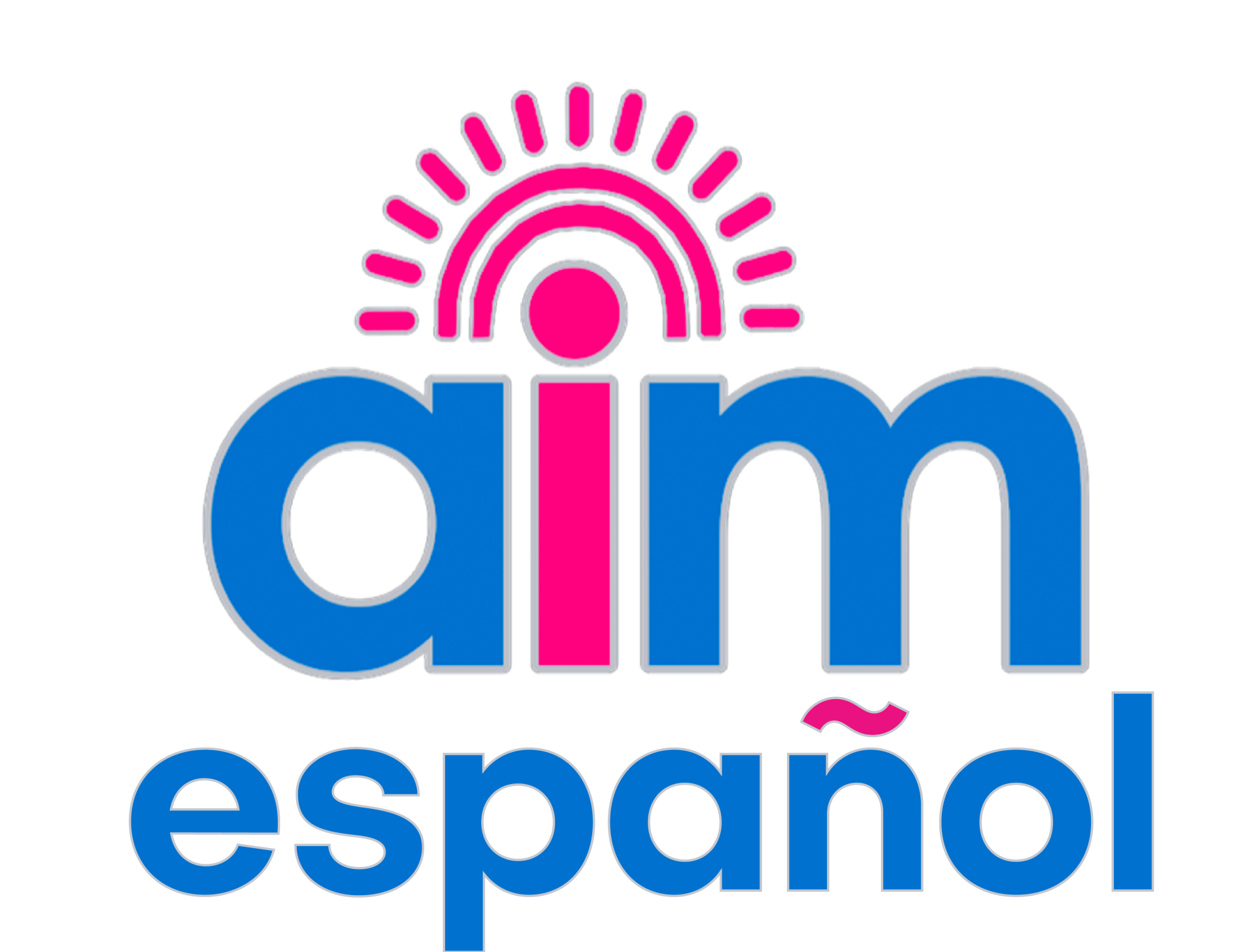The Mind of the Six- to Twelve-Year-Old
From the absorbent mind to the reasoning mind
The mind of the 6 to 12 year old child is a newly reasoning, abstracting and imagining mind. At six years of age, the power of the absorbent mind is fast fading away and the age of reasoning is dawning. It is a period of stability, of growth without much transformation. The change from one type of mind to another is noted externally by the loss of the baby teeth and the growing of the teeth he will keep for the rest of his life.
 Physically and mentally the child changes from early childhood characteristics to becoming a physically strong, active child. The body becomes leaner and harder, and the child’s allegiance and need may change from Mommy to Daddy. The child is happiest with his own group of friends because at this time the herd instinct is particularly strong. In class, children like working together on projects, and sorting out who is the natural leader for a given project.
Physically and mentally the child changes from early childhood characteristics to becoming a physically strong, active child. The body becomes leaner and harder, and the child’s allegiance and need may change from Mommy to Daddy. The child is happiest with his own group of friends because at this time the herd instinct is particularly strong. In class, children like working together on projects, and sorting out who is the natural leader for a given project.
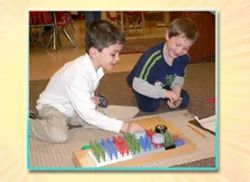
The elementary child tends to enjoy great strength and robustness of body and mind. There is the capacity to learn an enormous amount, and lay up a great store of cultural information. There is never another time in the life of the child when conscious learning will be so interesting and important. Montessori suggests that we take full advantage of this era of childhood and give the child the seeds of all the sciences. Once these elementary years are over, and the child moves into adolescence, hormones and new social interests tend to overtake academic interests.
Emerging sense of justice and ability to think abstractly
It is the age of reason and of values marked by the child’s interest in right and wrong. It is a powerful period of moral formation when the child needs situations where he can be free to choose from a number of safe, constructive choices, and utilize his own reason in decisions. This is the time for the evolution of intellectual and moral concepts; for example the concept of justice is very prevalent during this time. Children in many Montessori classrooms hold class meetings that they run themselves, discussing what works and what is not working in behavior and classroom flow. In one school they asked how they could help each other in case of personal troubles. I heard stories of a cousin on life support after an accident, a dog who had gotten hurt in a dog fight, a sick grandma and an issue with people not putting task cards back into the correct order. These children were so respectful of one another and kind in reaching out.
How and why?
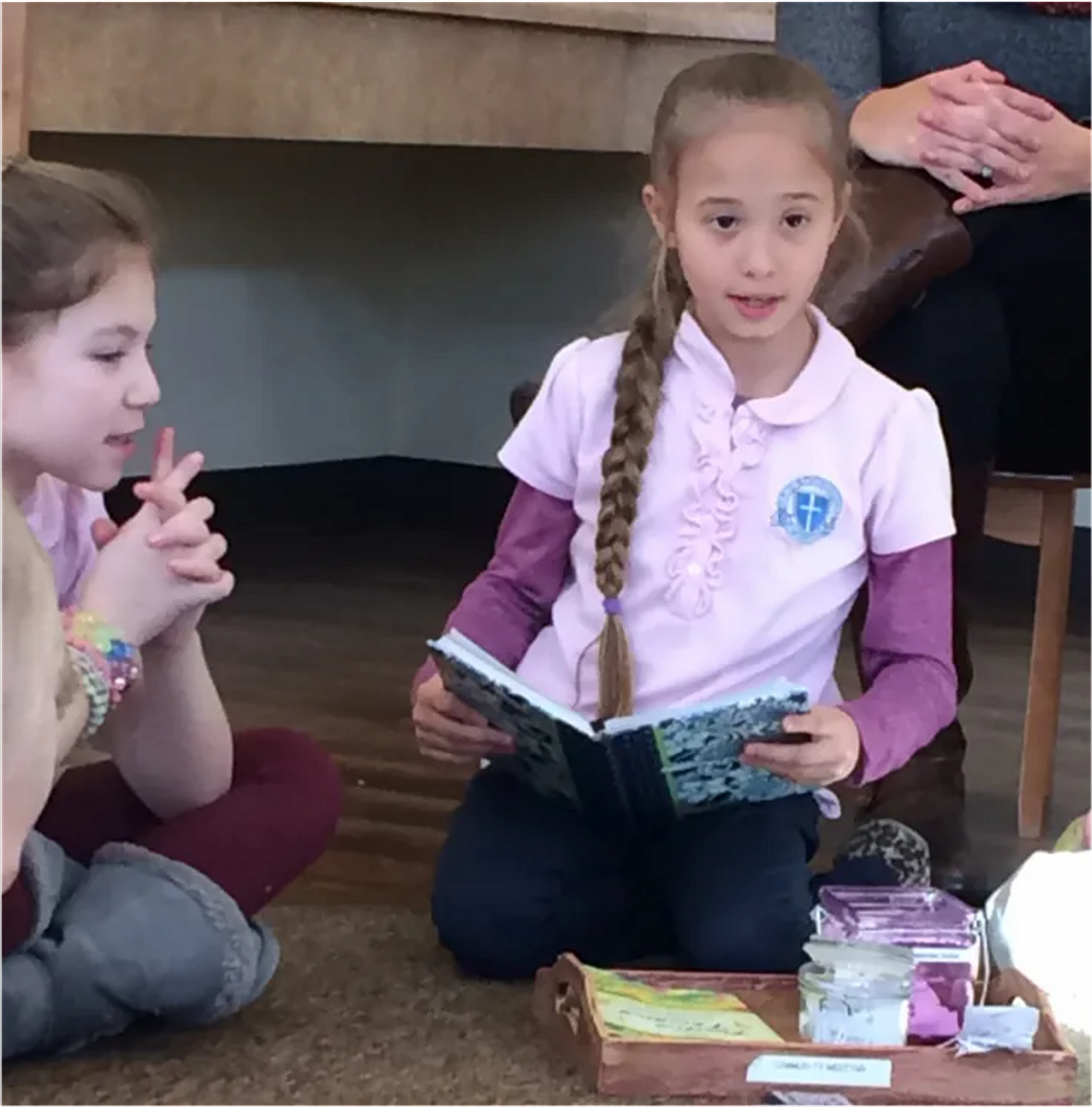
As a lower elementary teacher of first, second and third graders for many years, it appeared to me at first that children this age are tattle-tales. But the more I saw of it the more I began to realize that they want to know if we think some behavior in question is OK or not. It is the stage for testing our reactions and for questioning adults’ moral codes. During the previous period everything was just experienced and taken for granted, but now the name and the experience is not enough. Children want to know why and how things work as they do.
The child changes from being a sensorial exploration to a mental explorer, with increasing capabilities of thinking abstractly. There is a transition from needing concrete materials for computing and doing grammar exercises, to being able to visualize and think through mental processes.
This is the time when they learn about life and about the world. The mechanics of how the world and society works is of interest and children want to go out to see the real thing. Field trips are important at this age to tie in with the topic being studied. In Montessori we call it going out and in many cases, the children can formulate their own plans for a trip that will allow them to learn specifics about their topic of interest.
Becoming more responsible and wanting to help
A feeling of cooperation prevails in elementary children and they will gladly share in and work together with the running of any social unit, be it the family, their school group, their sports club, or their scout group. If we take the time to help the children define their duties and their rights, children seem to gladly accept responsibility. But they want to be part of the discussion of what is to happen in their own environments.
Just this morning I was visiting an early childhood classroom where a young man in 6th grade was on his weekly visit to help younger children learn to read. He knew exactly what to do and it was clear in the eyes of the children he worked with that they looked up to him with great respect and anticipation until they were 6th graders too!
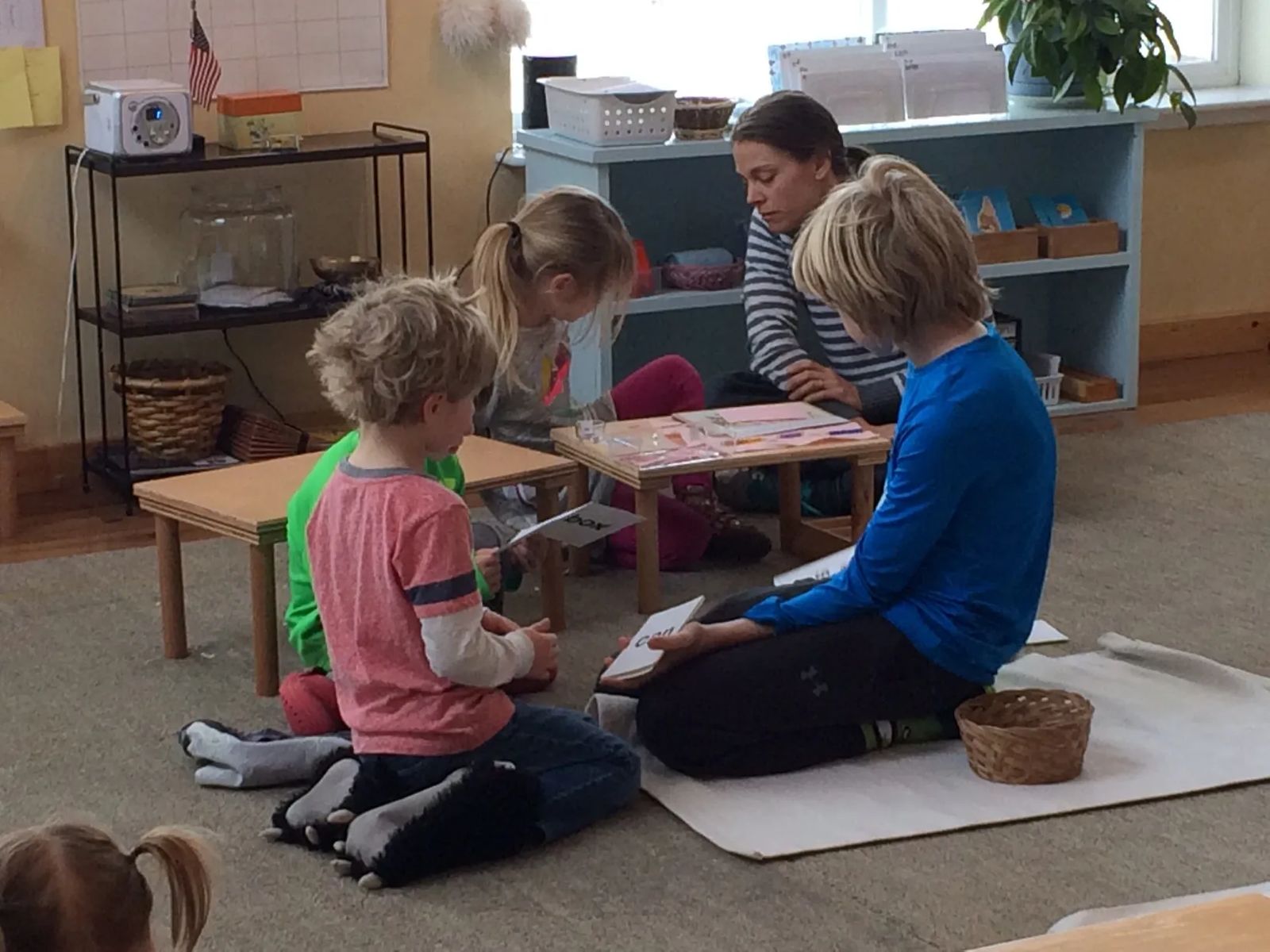
The Montessori classroom adapts to the child’s more expansive needs. Many of the materials are still sensorial materials which can convey concrete key experiences and lead to easy abstractions; but gone are certain freedoms the child had in the pre-school. Since this is the time to perfect his tools of reading and writing and using time constructively, he does not have the choice not to work. Work he must; his choice is what kind of work to do at a given time.
When new material is presented, children may be given the choice of what direction to take their research from the main concept.
History studies made interesting and relevant
I recently observed in a classroom that had been studying ancient Egypt. The children were upper elementary - grades 4 - 6. Some of their artwork, expressing many facets of the particular period of Egypt each child studied, was quite spectacular. They had also written papers, some had done dioramas and all had given presentations to their peers to share the wealth of their newfound knowledge. Observing the seriousness with which they take their studies, along with the joy they have with each other, is such a delight to see!
Given a certain amount of choice, the child now makes a commitment to do a job and his teachers hold him accountable to finish it. Children learn to track their time each day in journals, thus learning to use time constructively.
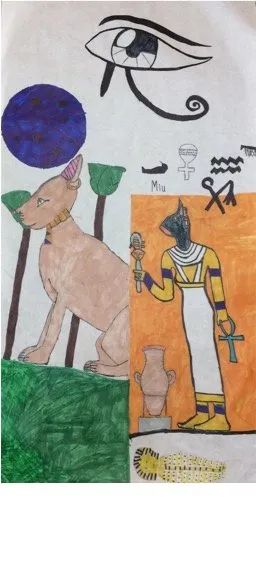
Appealing to the imagination
The teacher now plays a different role, striving to appeal to the child’s imagination, abstraction and reasoning power by presenting a vision of the whole universe, which simulates and motivates the child’s interest. The organization of the elementary curriculum is what Montessori called “the Cosmic Plan” and it offers a means to integrate subject matter from all endeavors, from biology, geography, history, geometry, math and language into a meaningful exploration of life on earth.
In summary, we see many changes in the elementary child and in the needs for his learning. We can put these major changes in four categories that we have touched upon in this blog.
- Active mentality for the acquisition of culture in all subject areas.
- Passage from sensory to abstract thinking
- Development of the imagination as a vital tool of the intellect
- Development of the moral sense
In next week’s blog, we will talk about the Cosmic Plan and imagination as a tool of the intellect.
Explore Age of Montessori's Elementary Teacher Program that is both online and in-person!


